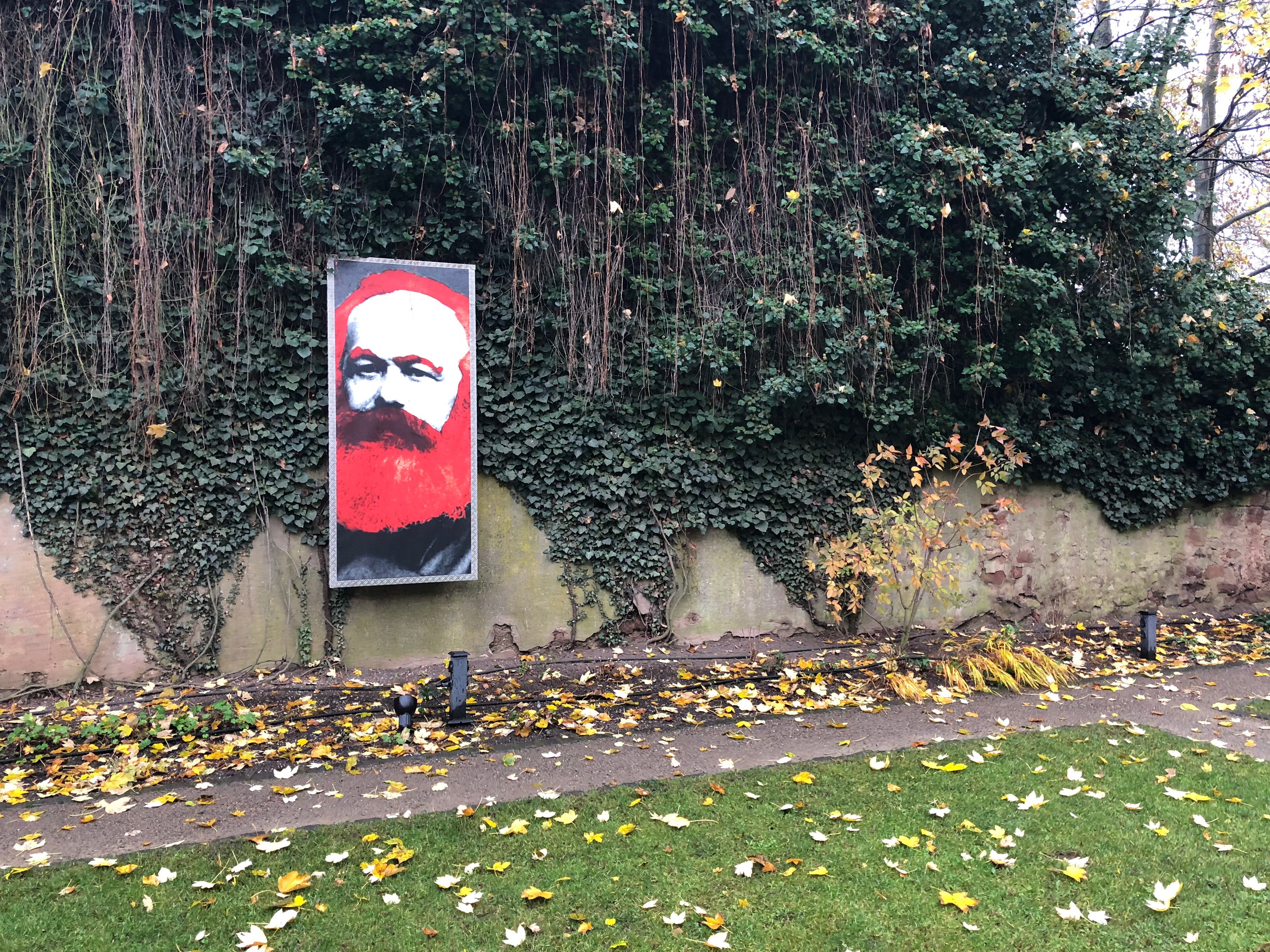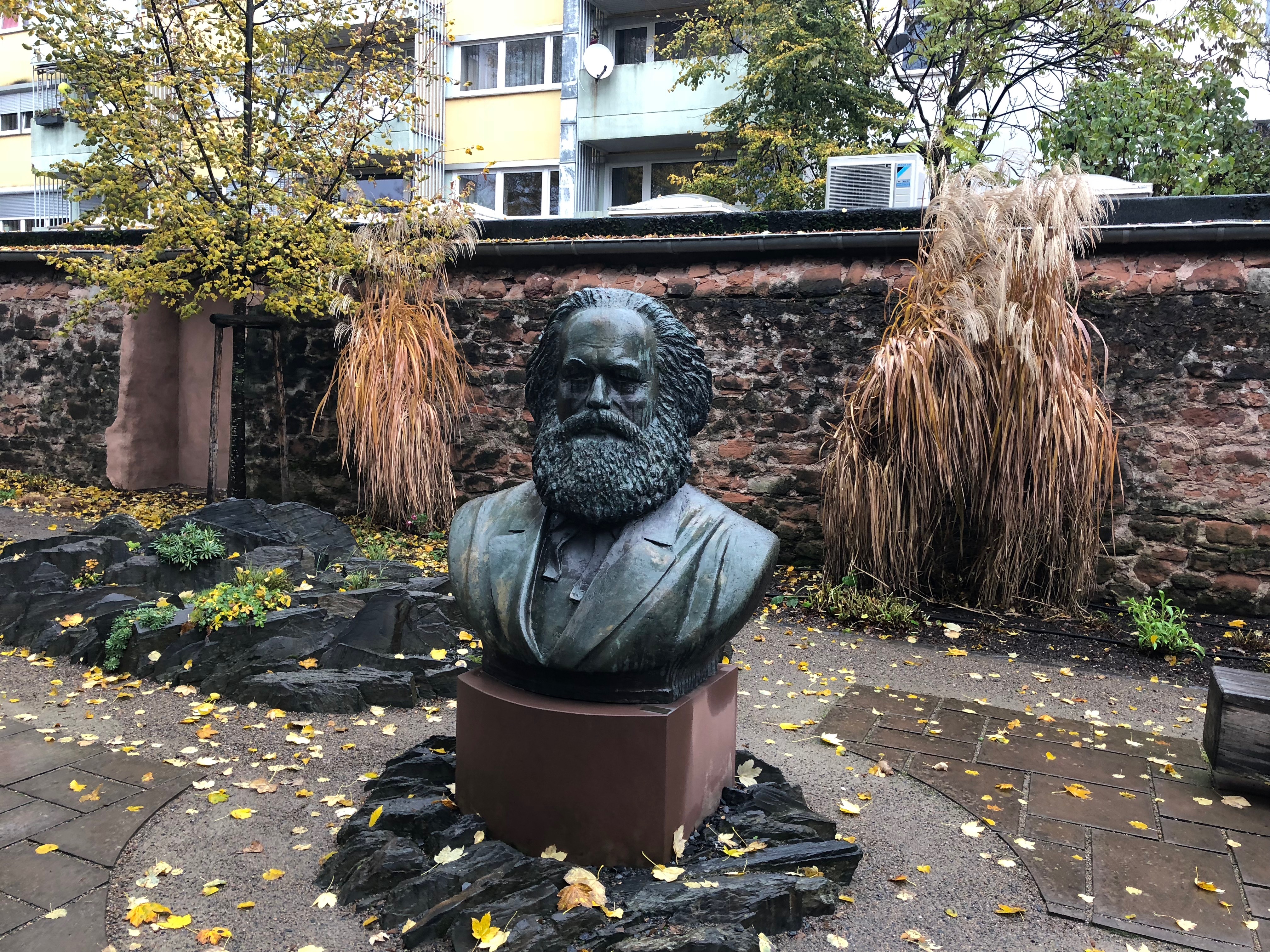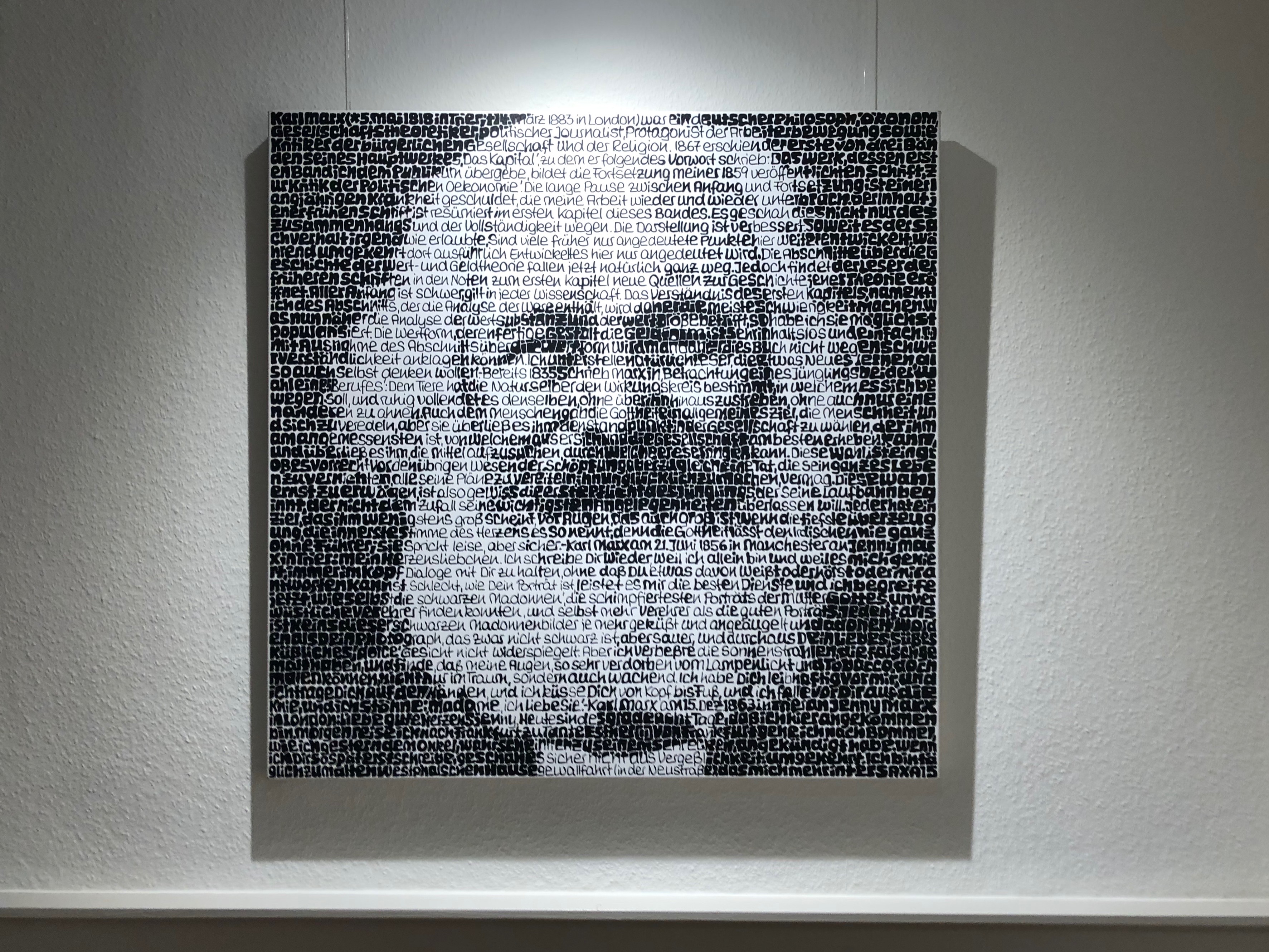The Home of Karl Marx
The town of Trier, Germany was a little less than 2 hours from Metz, France, so I decided to hop on a train to Trier for a day trip on a weekend I had nothing else planned. Unfortunately it was raining, so I did not explore the city as much as I would have liked. However, I saw quite a bit just walking around the city.
The city is often claimed to be the oldest city in Germany; it has a long history and was conquered by the Roman empire under Julius Caesar in the 1st century BC. It was later declared the capital of the Roman province Gallia Belgica. Consequently, the city today is known mainly for its well preserved Roman monuments.
In addition, Trier was also birthplace of philosopher Karl Marx. Visiting the house he grew up in, which had been turned into a museum, was a very eye opening experience and offered a peak into the mind of Marx. The museum itself was inconspicuous and very quiet. It was practically empty when I visited. However, the few people that were visiting the museum at the time seemed very invested in the information and intently moved through the museum. The museum also had a very modern feel to it. There were many busts of Marx spread throughout the house, included a newly 3D printed one. Although small, it provided an abundance of information and gave context surrounding his revolutionary ideas. It was interesting to see who Marx looked up to and who he liked to draw ideas from. I was overwhelmed by the overall amount of information presented, although I did my best to try and understand the evolution of socialism and Marxism, including everything from his early works to the legacy he left behind.
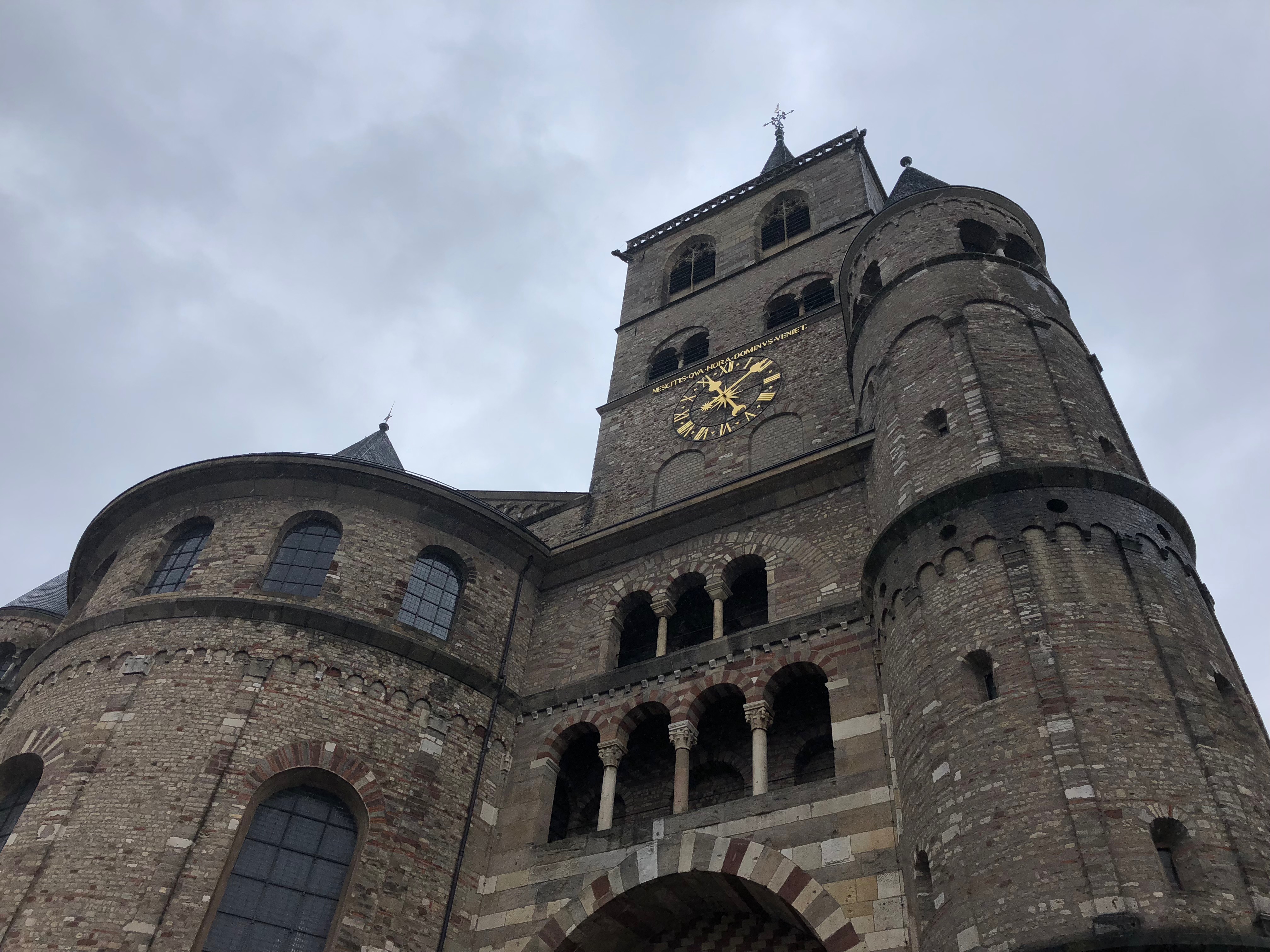
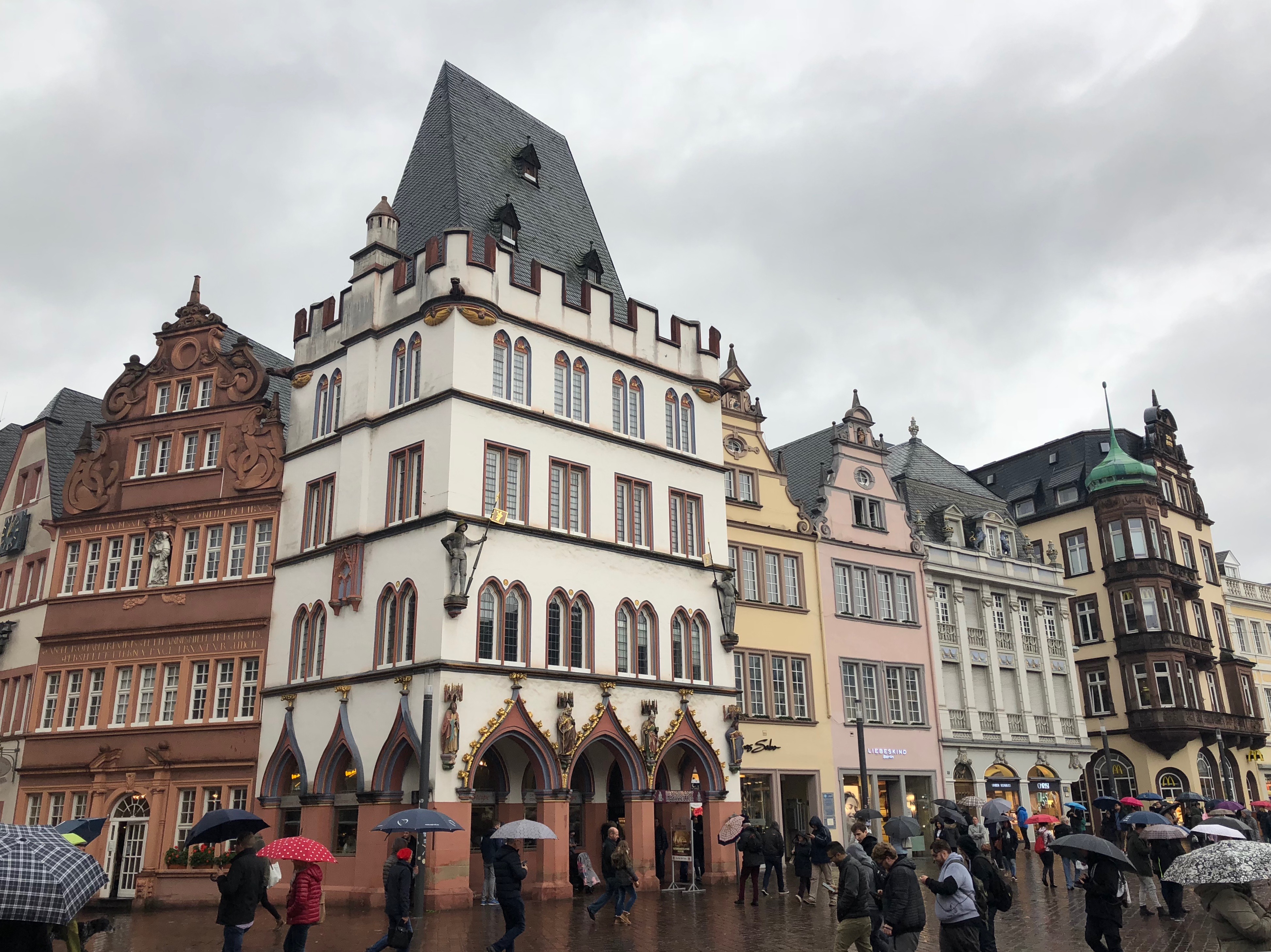
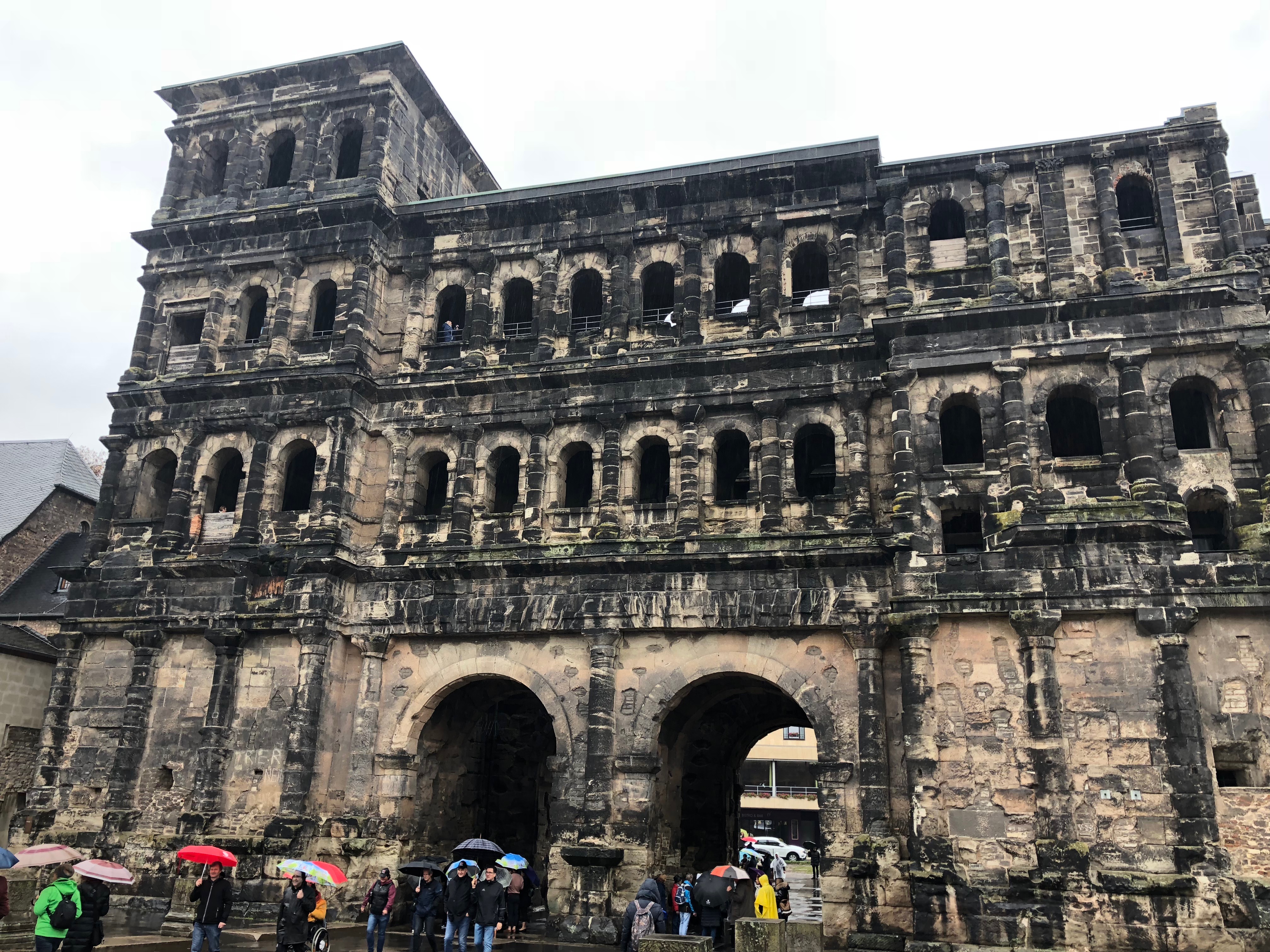
Porta Nigra
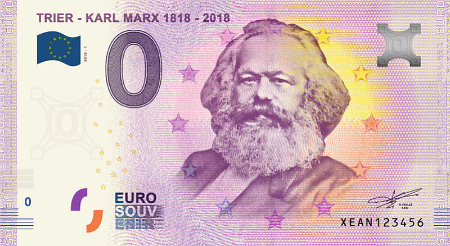
The tourism office in Trier sold souvenir Karl Marx Euro notes to commemorate the revolutionary’s 200th birthday. I suppose it's fitting that Marx would be featured on a note that is worth 0 Euros, although it is ironic that the notes are being sold for 3 Euros a piece.
